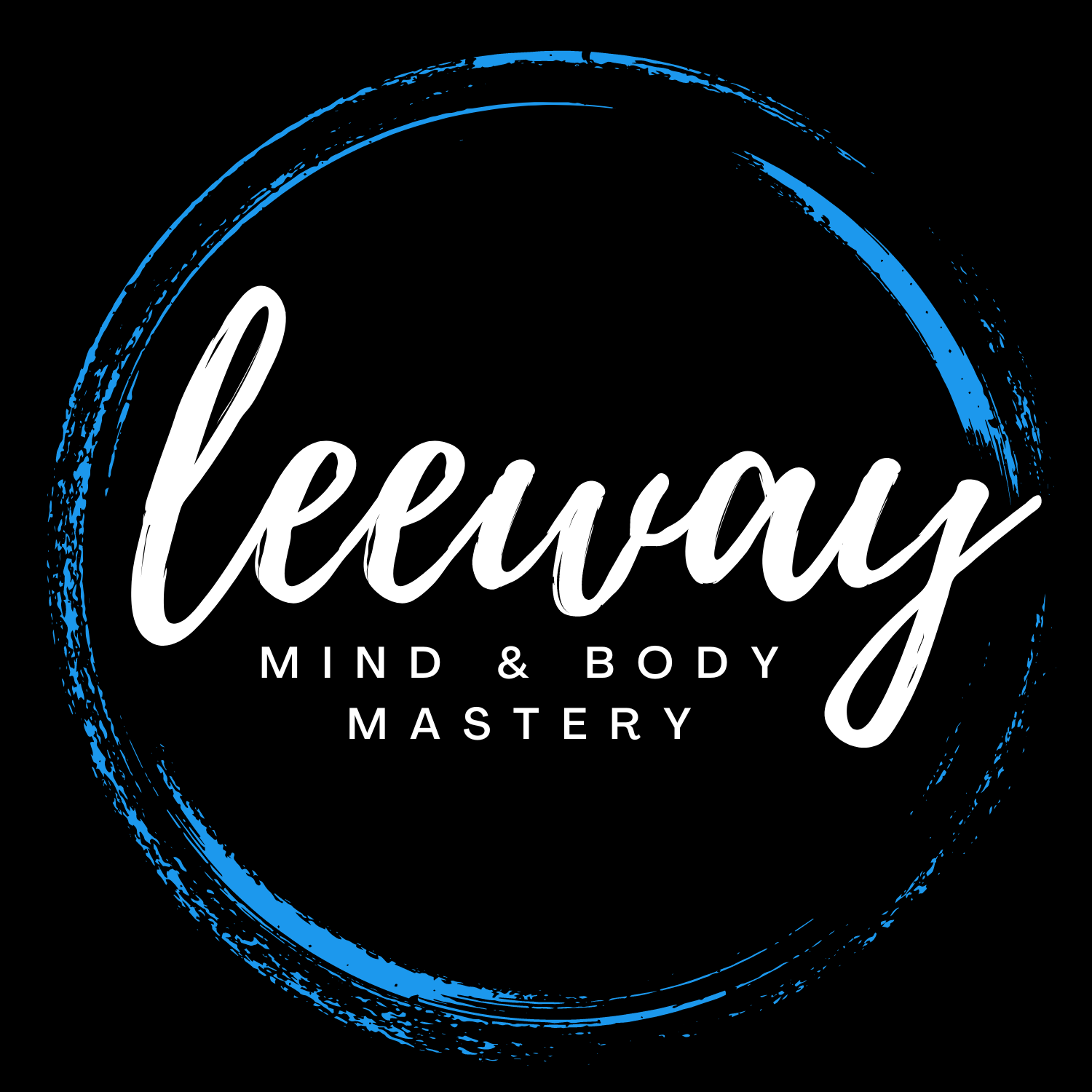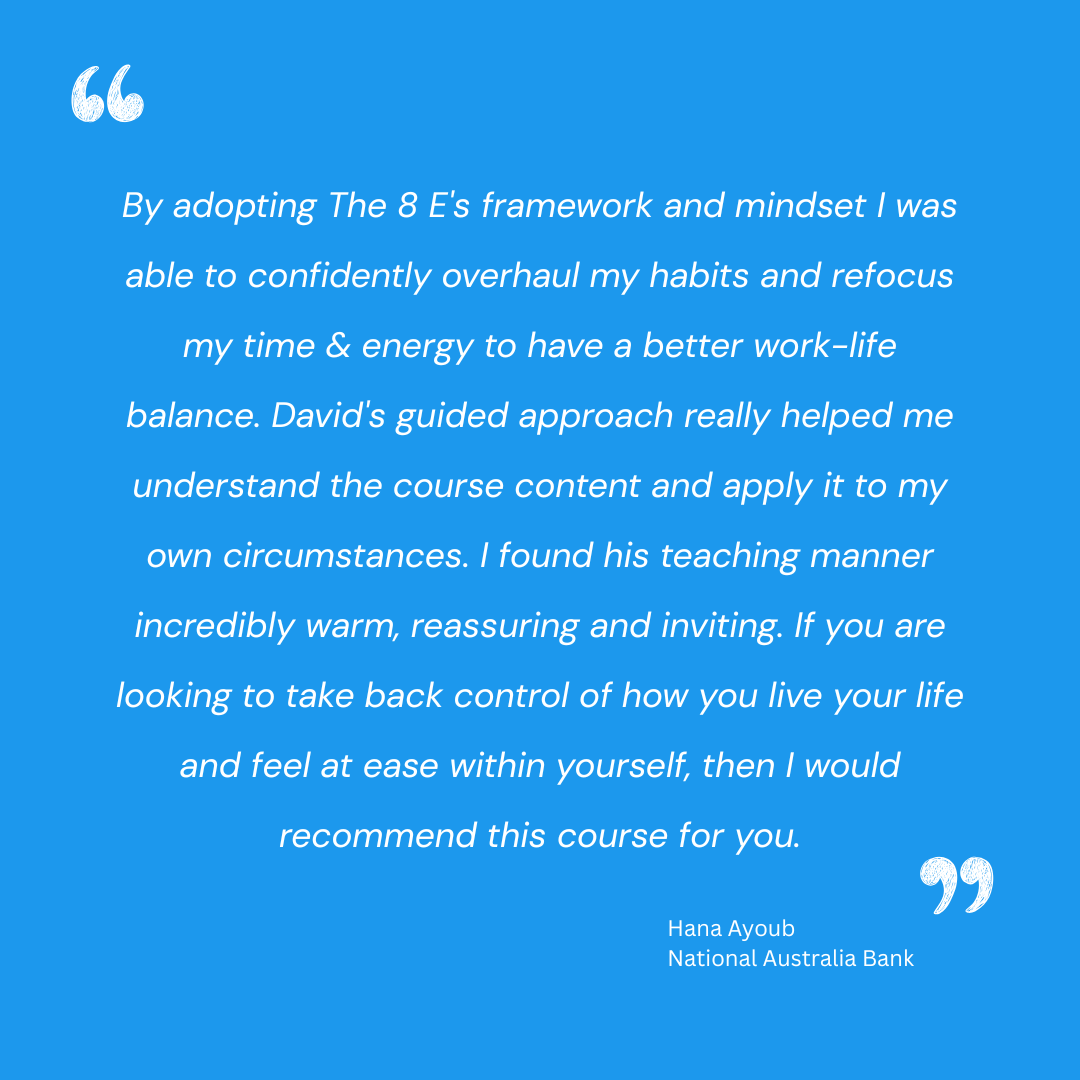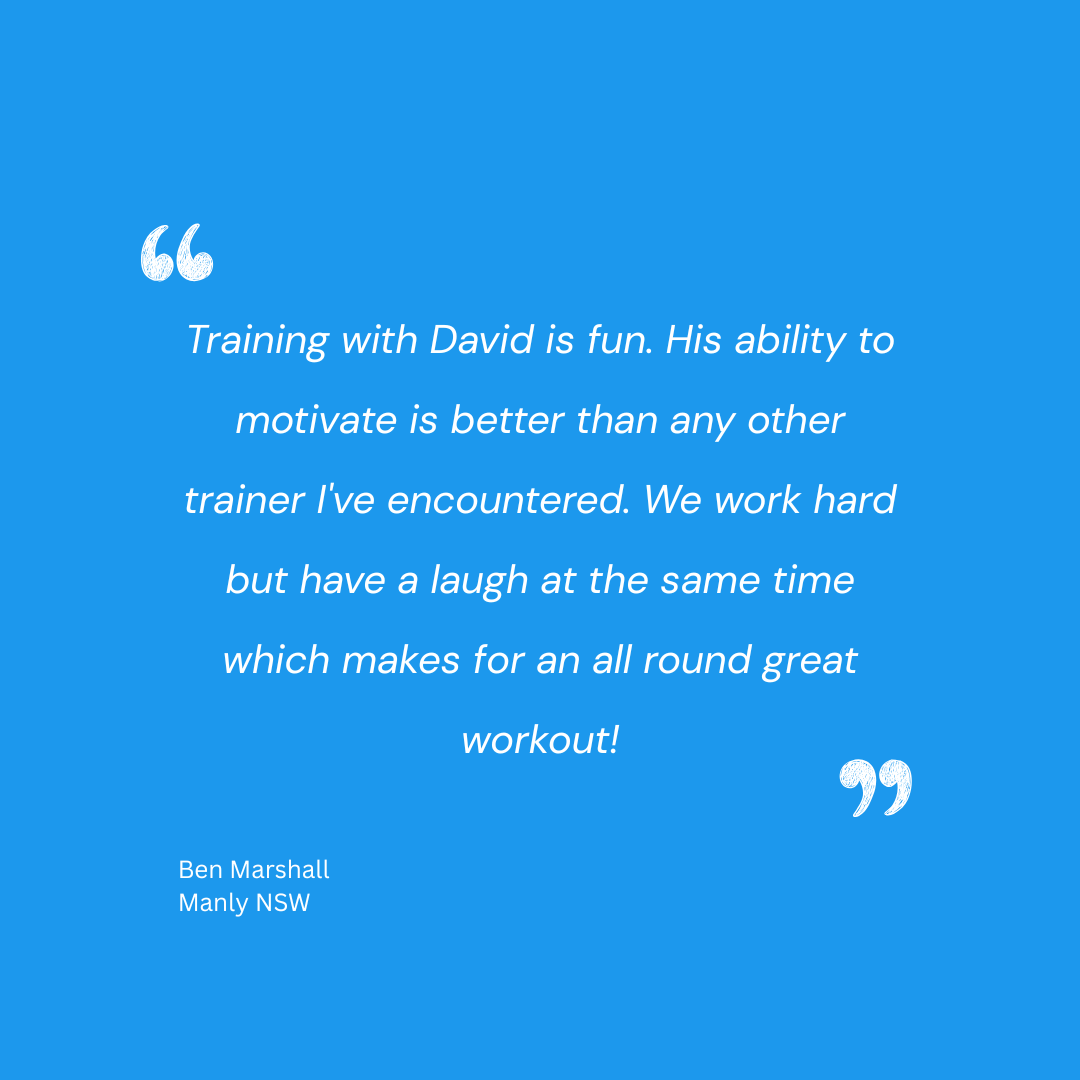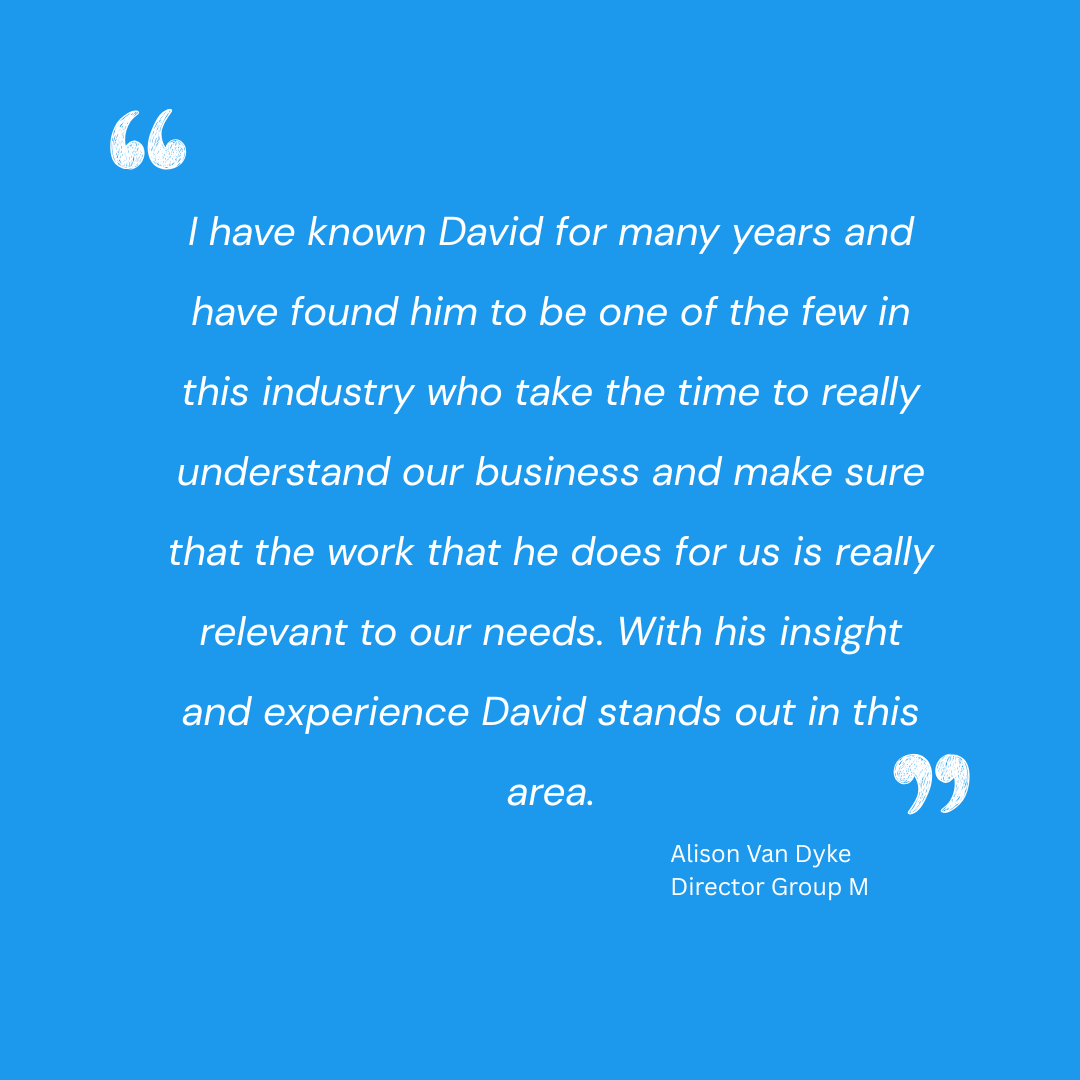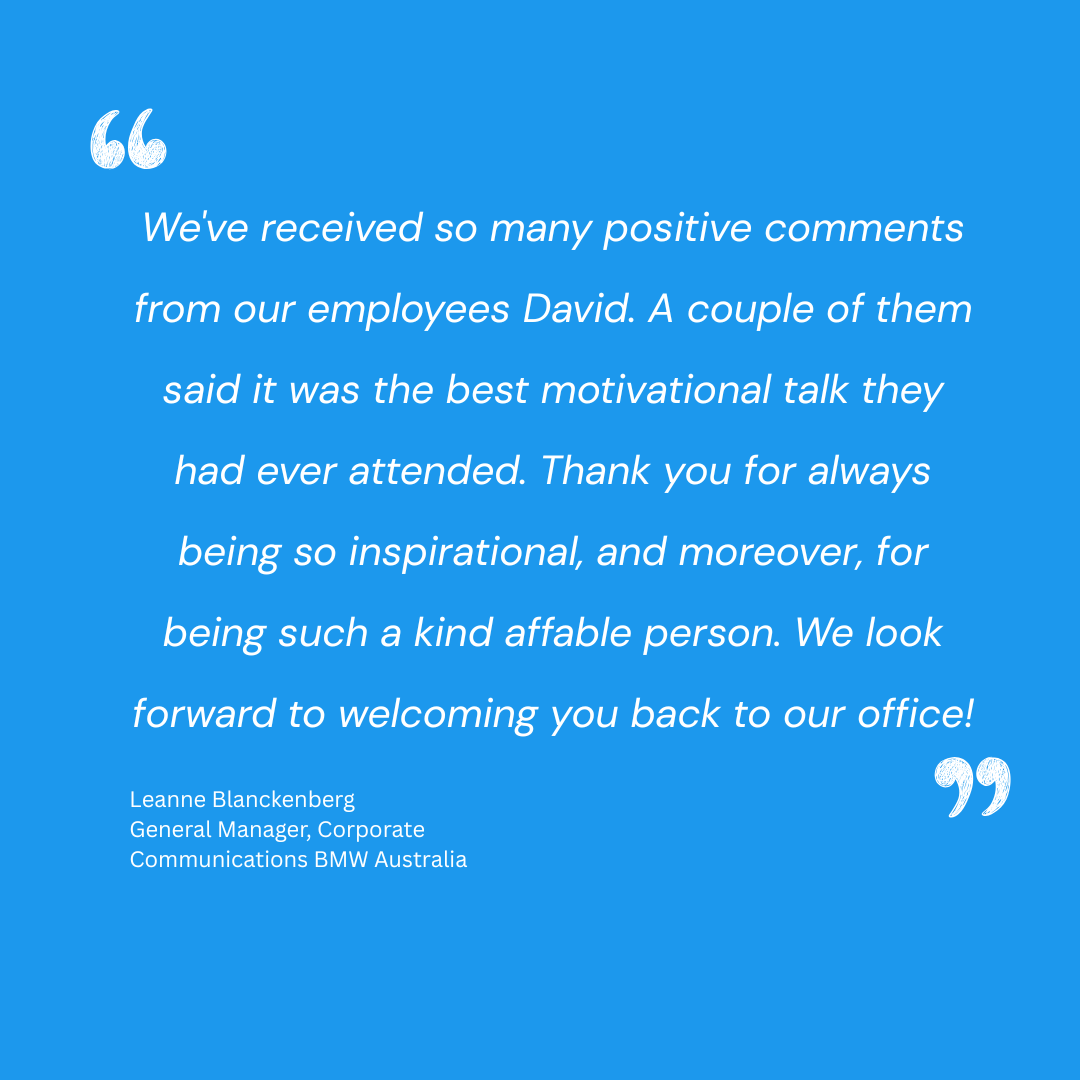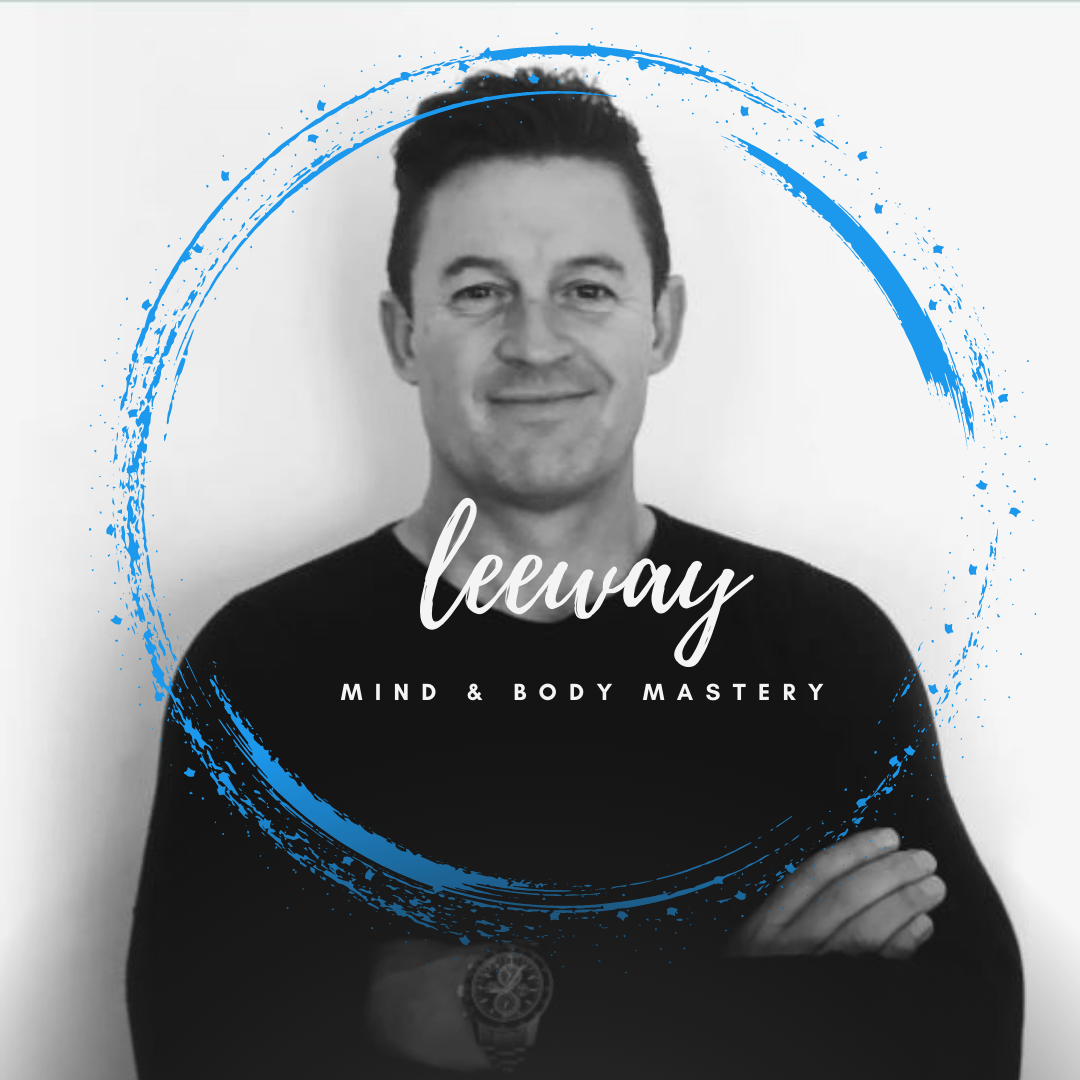Can you save your own life?
May 17, 2021
“It is not the strongest of the species that survives, nor the most intelligent that survives. It is the one that is the most adaptable to change.” – Charles Darwin
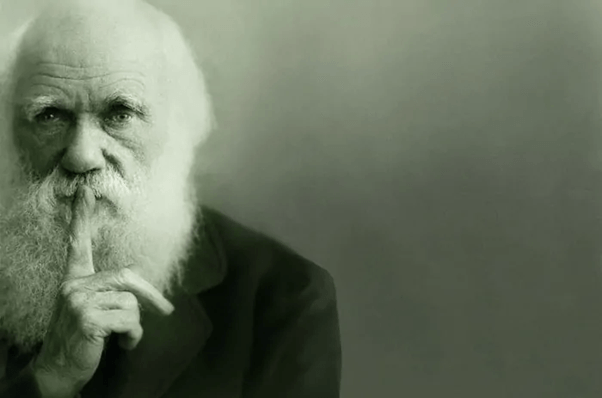
Survival of the Fittest…
These words are often attributed to Charles Darwin in relation to evolution and the survival of humanity in tough times.
It was actually Philosopher; Herbert Spencer who first used the phrase, after reading Charles Darwin's ‘On the Origin of Species’, in his Principles of Biology (1864), in which he drew parallels between his own economic theories and Darwin's biological ones: "This survival of the fittest, which I have here sought to express in mechanical terms, is that which Mr. Darwin has called 'natural selection', or the preservation of favoured races in the struggle for life.”
Darwin was more interested in behavioural flexibility as a determinant on survival or “surethrival” as I like to call it.
To be sure of yourself is to thrive. In order to be sure of yourself, you need to be confident of your own survival.
Can you save your own life? We have all heard the instructions from flight attendants on fixing our own oxygen masks before fixing those of our children or dependents.
Self-preservation isn’t selfishness. It is the confident assurance that we are in control of our own lives to better serve the lives of our loved ones and those around us. To be sure, to surethrive.
“Do the simple things well” my father often said to me as a youngster. The idea that saving our own lives is some complex list of things to do, creates the idea that starting out is harder than remaining inert.
Simply put, beginning each day with the prospect of saving your own life, does more than just save your life for today, but creates a healthy mind and body for a long life.
My approach to life for quite some time, has been that of a preventative hypochondriac.
My daily to do list is designed around preventing things from happening to me in the long term. Prevention is better than cure.
As a result, I’ve managed to stave off many illnesses and enjoy a pain free existence both physically and mentally, into my early fifties.
So, in these changing times, with more and more clients asking me how they can reduce cabin fever and avoid anxiety, I’ll outline my dailies, which take place from the moment I awaken of a morning.
1. Make my bed – The importance of achieving something as simple as making my bed, has the first task of the day completed and I’m winning already.
2. Rehydrate - with a glass of filtered water, a pinch of sea salt and the juice of ½ a lemon. For hopefully 8 hours, you’ve been without water. – 3 litres of water throughout the day (30mls for each kilo of bodyweight is a good guide)
3. Meditate – the benefits of meditation escape most people as the general belief is that it is only achievable for monks or Zen masters. Essentially, the idea of being aware of stillness and focusing on clearing your mind of chatter is what meditation is. It is the catching of your wandering mind and bringing it back to the stillness of focusing on just closing your eyes and thinking of nothing, where the formation of new neural pathways occurs. Adding neural pathways is just like adding lanes to a road bridge, traffic will flow more smoothly, as will thoughts and the unexpected events of the day.
4. Move – This can involve calisthenics, full body workouts, walking, skipping, running, swimming or Yoga. In the theme of saving your own life. Could you run 10 kms for help in under an hour? Could you swim 1 km to shore in the case of a boating accident? Could you deadlift your bodyweight, to lift something heavy off an injured person? Could you perform 10 chin ups to climb out of a burning building? Could you bench press your body weight to push away an attacker? Could you carry your partner or child out of the bush if they'd broken their leg or been bitten by a snake?
Lifetime squatting prevents the embarrassing requirement for help on and off a toilet in your later years..
5. Stretch – each muscle group that has been used needs to be stretched in order to reduce muscle soreness, stiffness and to promote flexibility. I have a far infrared sauna, in which I stretch, which aids in detoxification as well and I also do heated Yoga 3 times a week.
6. Read – something that is thought provoking or intelligent sharpens the mind and empowers one with knowledge or simply helpful information to share with others. To teach is to learn twice.
7. Pray – an attitude of gratitude or a request for help with challenges and activities for the day, is a verbal recognition of your goals. If you focus on what you have ; what you lack disappears - if you focus on what you lack, what you have is lost...
“When you realise nothing is lacking, the whole world belongs to you”. Lao Tzu
8. Eat – A healthy breakfast which is usually a post workout smoothie on days of full body workouts or an immune boosting juice or smoothie on days of cardio or active recovery.
9. Plan - Write out my top 5 “Must Do’s” for the day. These are generally things which matter most. Calling my parents, having a difficult conversation, paying debtors, Income Generating Ideas, stepping up.
“The things which matter most, must never be at the mercy of the things which matter least” - Johann Wolfgang von Goethe
10. Execute – Just get on with getting it done. With a plan in place and the confidence of surethrival,
having performed all of the aforementioned, the tasks of the day don’t ever seem insurmountable.
“Resolve to perform what you ought, perform without fail what you resolve” – Benjamin Franklin.
Stress, I believe, is determined by the degree to which you feel in control or out of control of your life.
With the goings on of the past year or so, and the optimistic expectation that we are slowly creeping out of the darkness here in Australia - if you need to feel some sense of control or certainty, your surethrival
depends on you
taking control of the areas in which you can have complete control.
Be well.
DL
Don’t keep this to yourself. Spread the word.
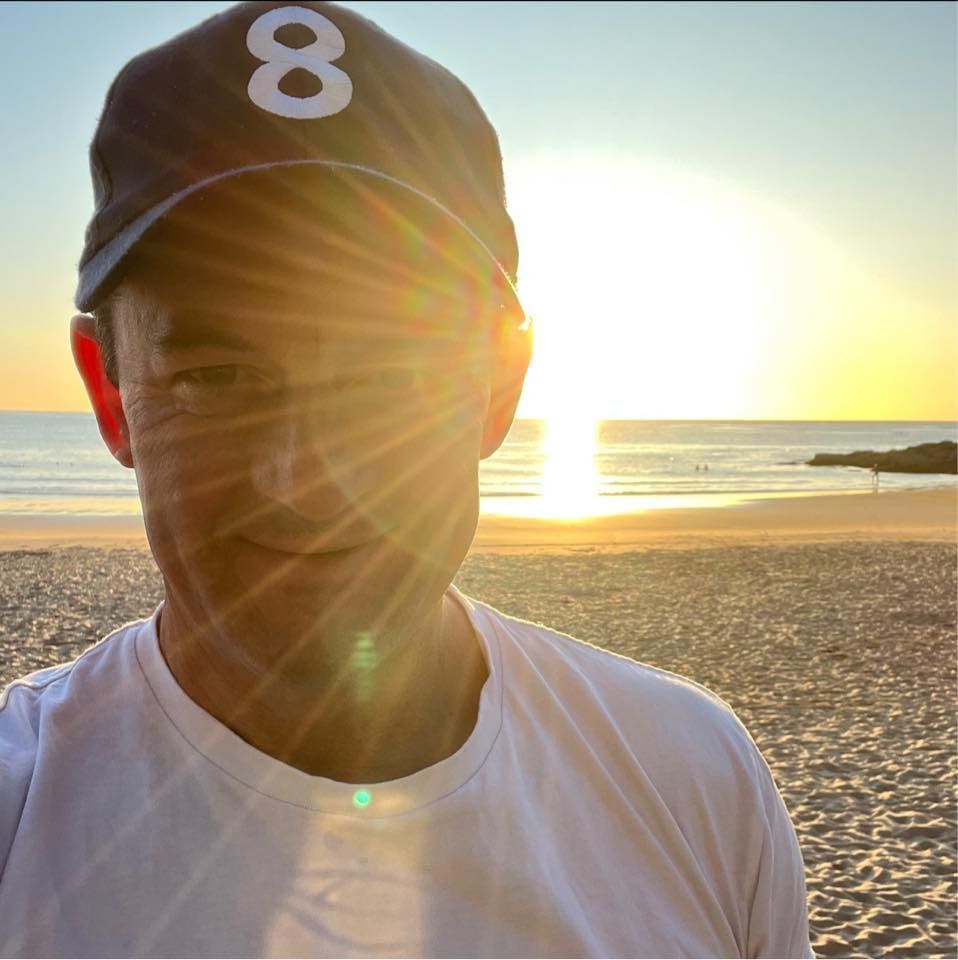
"How you wake up each day and your morning routine (or lack thereof) dramatically affects your levels of success in every single area of your life. Focused, productive, successful mornings generate focused, productive, successful days— which inevitably create a successful life." Hal Elrod (Author of The Miracle Morning )

"By three methods we may learn wisdom: First, by reflection, which is noblest; Second, by imitation, which is easiest; and third by experience, which is the bitterest." CONFUCIOUS In their book Ikigai: The Japanese Secret to a Long and Happy Life, Hector García and Francesc Miralles write that there is no word in Japanese that means to retire in the sense of leaving the workforce for good. The Oxford Dictionary defines ikigai as “a motivating force; something or someone that gives a person a sense of purpose or a reason for living”. In researching their book, García and Miralles spent time in the village of Ogimi on the Japanese island of Okinawa. Ogimi is known as the village of longevity. Its 3000 inhabitants enjoy the highest life expectancy in the world. In Japanese culture, retiring and not keeping mind and body busy is considered bad for your health since it disconnects your soul from your ikigai. Being of service to the village by continuing to be involved in community life or continuing to work is felt to be a key ingredient to longevity. In the book, 92-year-old resident Akira says: “Every day I wake up and go to the fields to grow tomatoes. Later I walk to the grocery store next to the beach and sell them. In the afternoon I go to the community center and prepare green tea for all my family and friends.” These Japanese people keep doing what they love and what they are good at even after they have left the office for the last time. The French, of course, have a similar expression—“raison d’être”—which the Oxford Dictionary defines as “the most important reason for somebody’s/something’s existence”. The more time I spend with spritely elderly people, the more I find they are still involved in their community as volunteers or working the job they loved before they “retired”. Like many of the lessons older people have taught me, we shouldn’t wait until we’re retired to adopt their happiness-inducing and youth-preserving behaviours. The definition of what makes people happy varies greatly, however in his book From Strength to Strength: Finding Success, Happiness, and Deep Purpose in the Second Half of Life, Arthur C. Brooks believes that the three major ingredients of happiness are enjoyment, satisfaction, and purpose. The satisfaction and enjoyment I receive from encouraging people to be better than they believe they are, and to press on in times of hardship, provides a real sense of meaning and purpose in my life. The Dalai Lama, when asked what surprised him most about humanity, replied: “Man. Because he sacrifices his health in order to make money. Then he sacrifices money to recuperate his health. And then he is so anxious about the future that he does not enjoy the present; the result being that he does not live in the present or the future; he lives as if he is never going to die, and then dies having never really lived.” I’ve coached many people who spent the first half of their lives chasing wealth and are now spending the second half of their lives chasing back their health. I’ve been coaching many more people lately who aren’t concerned about the health they have lost. They fear being cast aside and replaced by much younger yet inexperienced people, threatening the wealth they created while they adopted a “health is your wealth” mentality. Those deciding my client’s fates are themselves, in most cases, much younger than these seasoned campaigners. The dirtiest secret I keep for one of my good friends is his age. He invited me to his 40th, which was really his 50th and the younger folks were none the wiser. The best kept secret of my healthiest clients is also their age. I used to say the payoff of fitness is vanity. These days I say it is sanity. The peace of mind my fit "old" friends have is that they look younger than their age, because they look after themselves. In searching for ideas to support how I wanted to describe the collective suffering people have struggled with in the past yet are now enjoying equality and opportunities provided for them after many generations of struggle, ChatGPT served up the following. "Diversity refers to the presence of differences within a given setting. These differences can include various dimensions such as race, ethnicity, gender, age, sexual orientation, socioeconomic status, physical abilities, religious beliefs, political beliefs, and other ideologies." Unprompted, I was then offered, “In a broader sense, diversity encompasses the unique characteristics and perspectives that individuals bring to a group, organization, or society, enriching the collective experience and fostering a more inclusive environment.” I was invited to pitch for a consulting role with a global organisation 10 years ago and the friend who had organised the meeting warned me of the CEO’s bias toward younger people. Within 10 minutes of our meeting, the CEO was challenging the energy levels and enthusiasm of more experienced people as he called them, versus that of 20–30-year-olds. At this point, with the benefit of the heads up, I pulled out my phone and showed him a video to illustrate my point in age versus experience I went on to suggest that the challenge for the 3 standout players in this video was to teach the energetically enthused players how to do what they could do, while they were on the job, not in handover notes that will never be read.. I got the gig. I do think that ageism is the last blatant discrimination in the workplace and needs to be addressed by those with much more clout than my keyboard and contacts can achieve. The brave new world aside, Dame Carol Black from the Centre for Ageing Better brilliantly pointed out “Ageism compounds all other “isms”. Ageism and sexism; ageism and racism etc” A final word to the “whys” of those considering losing experience from their workforce is best left to Carole Eastern CEO of Ageing Better; “Ageism is prejudice against our future selves” The challenge for any generation is to assimilate with people of all ages. Most of the best advice I received in the workforce was bestowed upon me by older colleagues in a social setting for the cost of a steak and a wine, and most of the advice I have dispensed to younger colleagues has been dispensed the same way. Curiously, when I joined the workforce, the biggest shortcoming that was ever levelled at me was my lack of experience.. Age well. DL “The young have bad manners, contempt for authority, disrespect for their elders and a love for chatter instead of exercise. Children began to become the tyrants of their households ……. They no longer rise for their elders ….” Socrates
